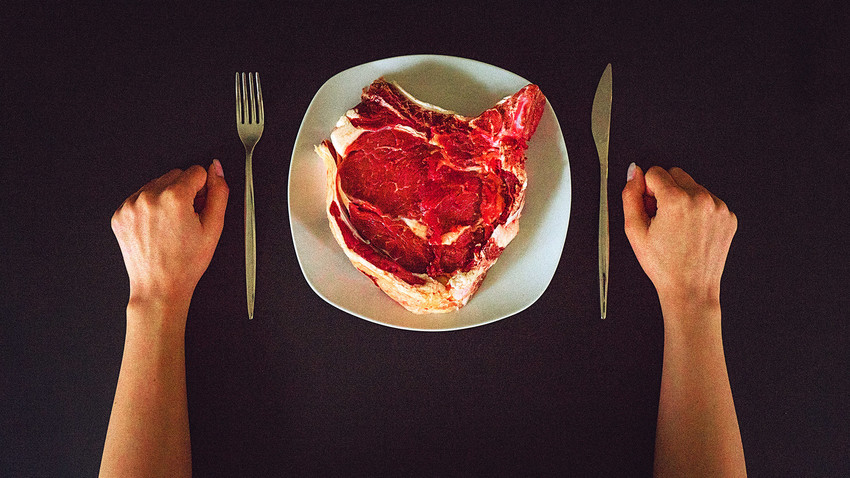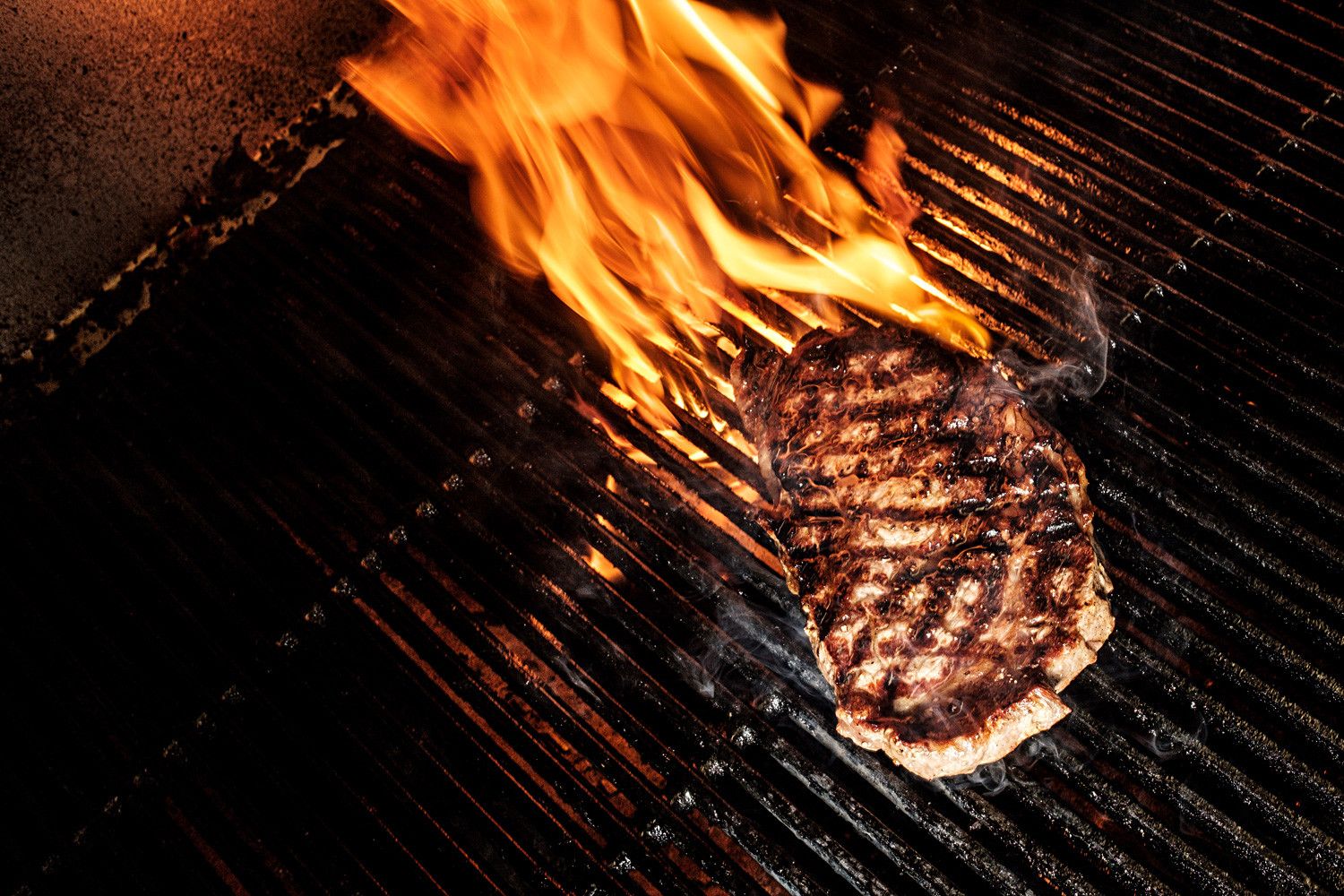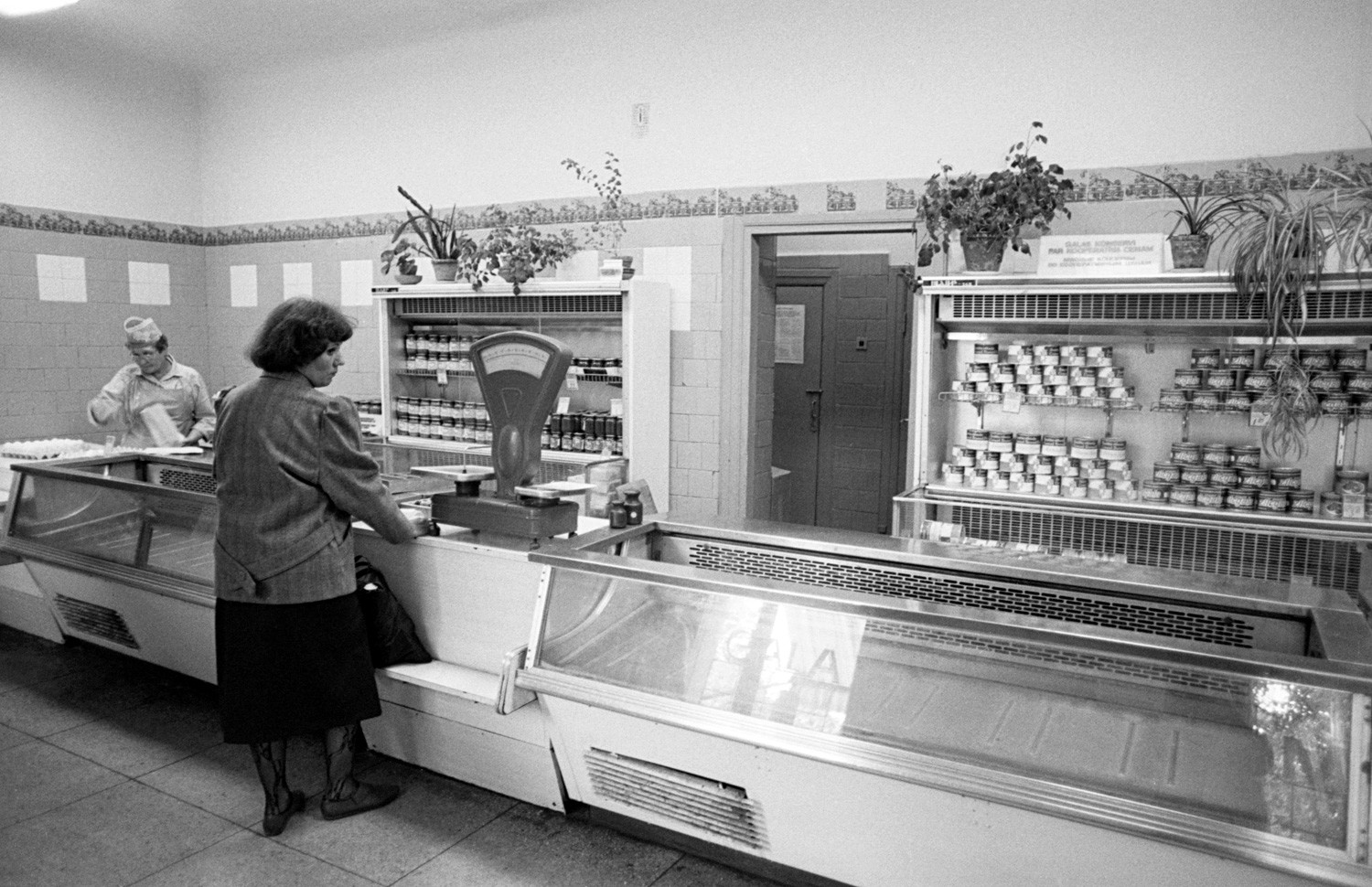Rare or well done: What do Russians think about steak frying time?

Russian social media was hit with a scandal on April 6 when a Moscow restaurant refused to cook a
The woman was shocked and shared the story on her Facebook page before directly messaging the owner, renowned Moscow restaurateur Dmitry Levitsky.
The client is always right - or his restaurant, his rules?
Levitsky also shared the story on Facebook, asking for feedback, and his post (link in Russian) caused quite a stir as people flooded the comments section with their views.
Some argued that the client is always right and see nothing criminal in frying meat a little longer. While others wrote that they respect the right of the restaurant to cook steaks as the chef wishes: Medium or rare.

Well done, Moscow restaurant?
Legion MediaAre Russians willing risk to eat rare ?
“
“Medium rare,” replied half of the people we've polled. “There’s a nice restaurant in Moscow, Butcher House...that cooks perfectly and offers a good choice of meat from Russian to Argentinian,” Anton, who works in the Russian capital, said.
Only a few people admit they order rare steaks, while the rest of respondents are confident in medium well and even
“I like medium, but most places in Moscow either don’t fry it properly or bring it well done. In some places I am just afraid to eat medium because I am not sure about the quality of meat,” Russian gastro tourist Anna says.
Not raw, but fresh steak
Steak culture is quite young in Russia. People are used to
Russians often call “rare,” “bloody” and many believe they may get poisoned if the meat is not fresh. Then

Meat selection in the Soviet Union
Vladimir Semyonov/TASS“Only 20 years ago people in Russia found out that raw chicken shouldn’t be yellow, it’s not easy to cultivate eating raw meat which is actually just fresh,” food designer Ekaterina told Russia Beyond.
In the Soviet
Some Russians are convinced that in some restaurants attitudes are still rooted in the Soviet times, so chefs will serve up rotten food instead of throwing it away. A camera crew from a popular TV show bursts into kitchens around the country to check that hygiene standards are being upheld.
Famous writer Mikhail Bulgakov in his novel The Master and Margarita depicted how Woland (a foreigner and the Devil) asks if a sturgeon is fresh in a restaurant and got a reply that sturgeon is of second freshness. “Second freshness – that’s nonsense! There is only one freshness – the first – and it is also the last. And if sturgeon is of the second freshness, that means it is simply rotten.”
Read more: What foods Russians miss the most when they are away from the Motherland
If using any of Russia Beyond's content, partly or in full, always provide an active hyperlink to the original material.
Subscribe
to our newsletter!
Get the week's best stories straight to your inbox